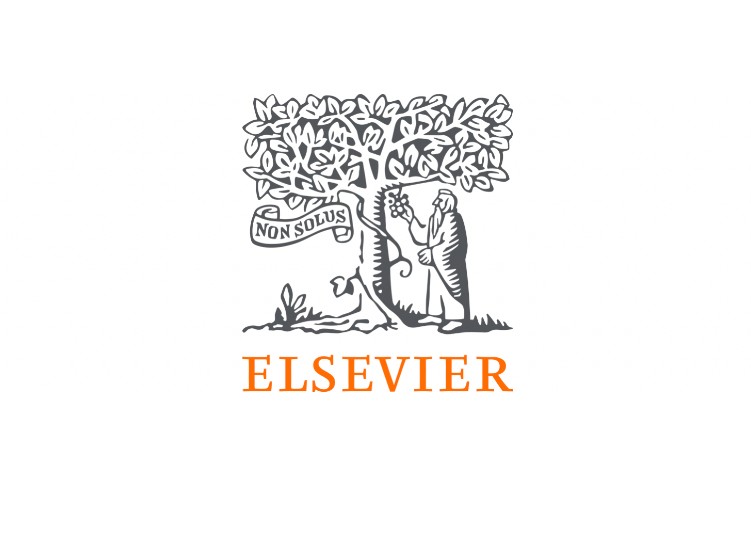The COVID-19 pandemic remains a global threat to lives, livelihoods, and lifestyles. According to the Centers for Disease Control and Prevention (CDC), the total number of deaths in the United States due to COVID-19 exceeded one million as of November 2022 (CDC, 2022b). The global pandemic has also imposed high economic and social costs on individuals, institutions, businesses, and communities. The economic burden associated with unmitigated COVID-19 is estimated to be a cumulative $1.4 trillion by 2030 for the United States, assuming that 60% percent of the population will be infected between 2020 and 2023 (Chen et al., 2021).
COVID-19 vaccine uptake is critical for mitigating and slowing not only the impact of the pandemic but also the risks of COVID-19 variants in the United States. To date, although more than half (68.5%) of the US population has fully vaccinated against COVID-19, less than half (49.1%) has received a booster dose, and only 8.4% have gotten an updated booster, according to the CDC (CDC, 2022a). While these vaccines have led to steep declines in COVID-19 cases and deaths, vaccine hesitancy and refusal still pose a severe threat, undermining efforts to control the pandemic. Moreover, COVID-19 may become an endemic disease, perhaps with seasonal epidemic peaks. Ongoing manifestations of severe disease combined with high levels of infection could, in turn, foster the future evolution of the virus (Telenti et al., 2021). Renewed efforts to increase vaccine uptake are therefore critical to limiting transmission and achieving long-term herd immunity.
Read the entire study in Science Direct.


